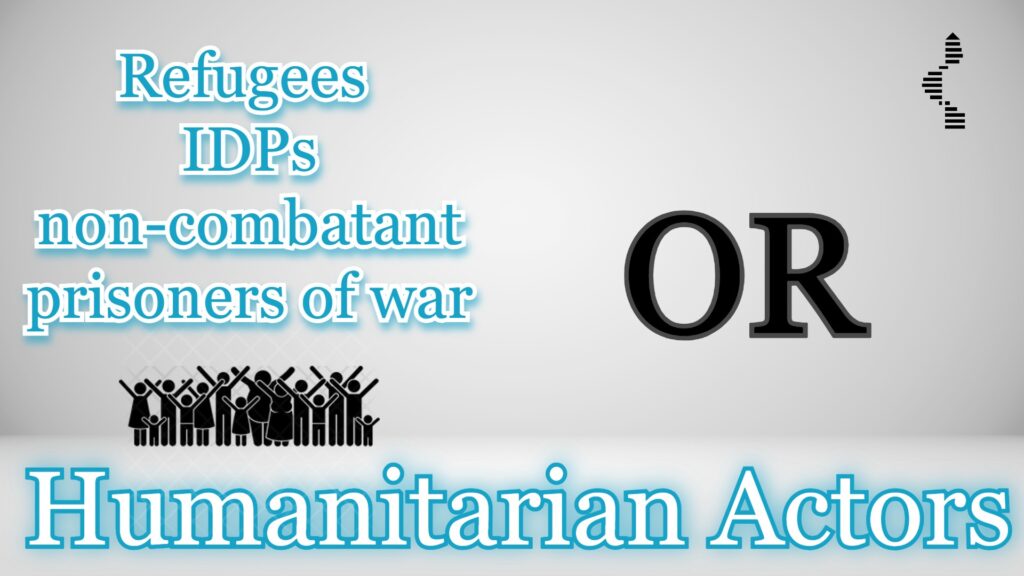A New Wave Of Humanitarian Actors

With many deficiencies in the process of distributing humanitarian kits and providing assistance. From kits’ items being sold, the centralization of distribution allowing greed, nepotism and other shapes of fraud to the limited geographical reach where many are #LEFT_BEHIND, there is a need to pin down the issue and explore alternatives.
Humanitarian actors are currently relying on local organizations, some have experience, or might be recently established. Either ways, there have always been limitations in funds, human capital or experience resulting in insufficient humanitarian assistance.
Isn’t it time to change the process, to find alternative ways for better impact?
Can the roles for local organizations shift towards developing communities’ technical abilities in finance, M&E, Administration, communication, reporting, etc.?
Can local organizations become sub-grantees and oversee communities performance?
Can we include current citizens of conflict areas as volunteers or casual workers, to provide direct assistance to families in need?
Wouldn’t a community based model reduces the costs of operations?
Is it possible for citizens to brainstorm the best cost effective/more sustainable solutions?
If ownership where to be increased among citizens, will it affect the outcomes positively?
Isn’t people, communities and culture outlast institutions and projects? Doesn’t that make them the main gear for development and sustainability?
Can we reform community mobilization to enable communities to receive direct monetary value, increased ownership, equity reinforcement?
Keep in mind that:
Citizens on the ground will be able to form boards, conduct census, advice on better financial management, have a better physical access.
Many citizens are highly driven and making efforts to assist their communities, they learned many skills and became more resourceful, they are now emergency experts.
When organizations seize operations, when there are many risks and uncertainties, when sustainability and commitment are in question, wouldn’t it be in favour to have communities leading and thriving?
Sudanese communities have came a long way, they have resilience, drive, passion, ground experience, and now they have appetite to learn technical skills that will assist them on their survival and development.
Nepotism have been embedded deeply among systems and communities and individuals during the past regime, fraud and exploitation became a way of life for some, resulting in well-off individuals becoming beneficiaries while people in need are left out. Making transparency a responsibility of the whole, will not only decrease fraud, maximize efforts and outcomes, but it will lead to sustainable development.

